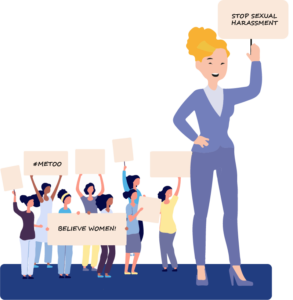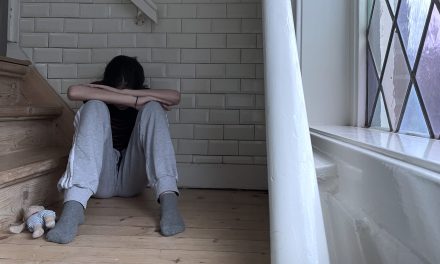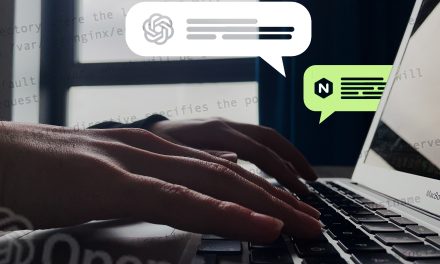More than 1 in 10 women have experienced sexual inappropriate behavior from third parties and 3,5 of women had to deal with sexual harassment by a colleague or supervisor. Female leadership coach Carla Clarissa van Stralen (44) teaches us how to take courage to stand up for ourselves and how we can use our own feminine power to fight against sexual harassment.
It’s been 3 years after the #metoo discussion broke into the world. A lot has changed since, but not enough. Many women are still afraid to speak up or to fend for themselves. It’s an issue that keeps growing under a woman’s skin and eats away her sense of self-esteem, self-worth, and the ability to feel safe in her own body. Carla Clarissa van Stralen has been working at the top of the corporate world for almost 20 years and now uses her knowledge to coach other women about developing feminine leadership and to use it as power.
Can you explain how you experienced sexual harassment in a male dominated business?
“I remember having a very affectionate client, who later, wrote me a letter that said that I turned him on. I went to my HR director and he ended up on the blacklist. For me, it’s always been very important to follow my gut feeling. If it doesn’t feel right, then it’s not right. But especially at such a young age it’s difficult to stand up and voice your own truth. It takes courage.”
How can you find the courage to stand up for yourself?
“So the first step is to write everything down. That process, where you start writing down for yourself what didn’t feel right, the exact words that were spoken, the route you’re going to take will help you to stand up for yourself. After that you’re going to use all formal means to stand up for yourself. You have to be prepared to lose your job if you do this. In fact, you don’t even want to work for them. If they don’t protect you, don’t acknowledge you, or don’t do anything with your claim, then you don’t want to give your precious life energy to this culture. Of course you want people to pick it up well, however, you never know in advance whether the company will respond as you would like. But what you can influence is your own pride and how you look at yourself.”
You’re an successful business coach, Alyssa Milano (who spread the #metoo discussion) is a famous actress. What tip would you give to women who aren’t in a high position and who can’t afford to lose their job?
“She needs to seek support from other women, her partner or confidants within the company. At least she needs to share her experiences. You may not always be able to change it and you don’t always have a choice. But you can always say: ‘I don’t want to be treated like that.’ Even though that may feel scary and feels like you can’t do it. You can always share it with others. So it doesn’t stay somewhere in a dark corner, inside her. As if she has done something wrong. Everything you bring to the light can be looked at and can be contemplated. Then she can look at it and maybe she will see different solutions.”
A lot of women feel dirty after they’ve been sexually harassed. They feel like they brought it on themselves and are angry that they didn’t stood up for themselves. How can you make sure that your self-esteem doesn’t get damaged?
“Two things are important. The dirty feeling stores itself in your body. I always call it embodying. By that I mean: how you feel is embodied. It can flow out of your body. You can’t just think this feeling away. You can keep saying to yourself analytically: ‘it’s not me’. But your whole body feels different. So put certain music on, scream into a pillow, dance it out, move it out. Let that dirt flow out of your body. That’s what I work with a lot. I embody my anger. I look furious, I scream furious. Then I regain my voice. And secondly, after that I write a letter. First to myself. Then that letter is going to be translated into a letter to him and to the company. I always say for the women after me, and also for the women before me. Because I also know that my mother and my grandmother suffered from this. I want to break through this. So for them, I will use my voice. It takes self-worth to inspire the people around you to transform. In other words, it takes leadership to change a dominant culture.”





